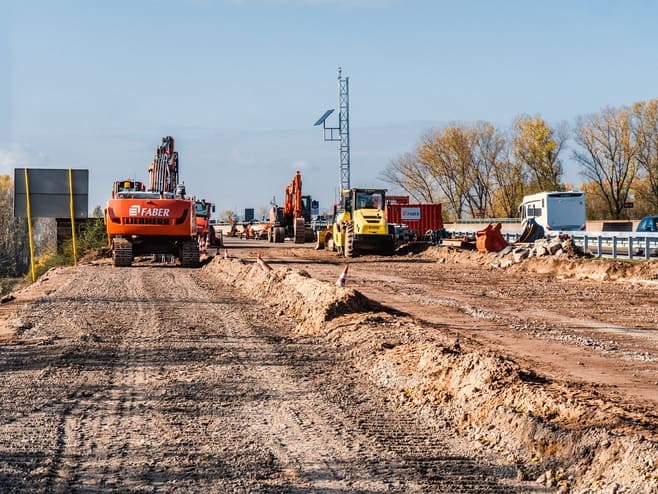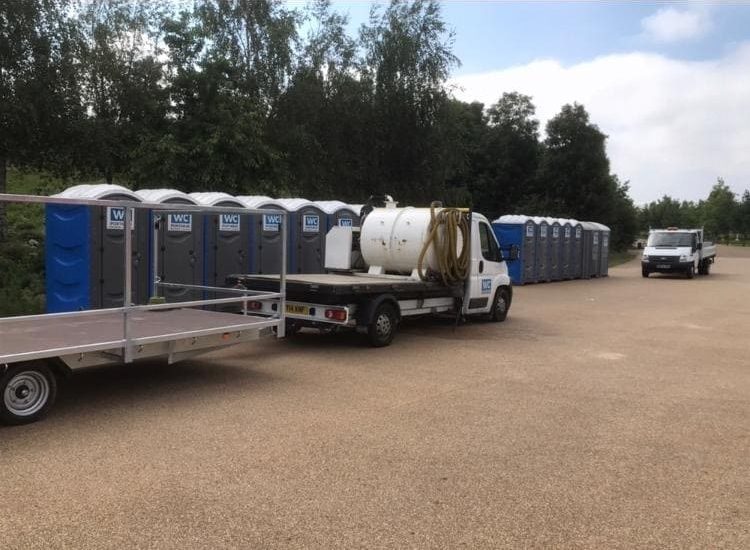Remote job sites and WFH (Work From Home) are two different concepts. After the height of the COVID pandemic, companies have adopted either a hybrid or fully remote work pattern to ensure employees perform at their very best. With remote job sites, employees spend a considerable amount of their working time in distant locations void of modern facilities such as standard toilets or washrooms. For example, remote mining sites are usually located in isolated areas, typically removed from city centres with limited or no access to infrastructures. You’d often expect mining sites to have harsh environmental conditions such as deserts, dense forests and mountains. Workers in these less desirable environments are often faced with hygiene challenges as answering the call of nature is not avoidable.
It is believed that the mining industry employs approximately 1% of all workers globally but it contributes to about 8% of fatal occupational accidents (roughly 15000 per year). It clearly shows that the mining industry has one of the highest accident rates among all other vertical/s. The very remote nature of the mining sites coupled with the extreme environmental conditions such as damp and dusty conditions contribute to the notorious fatal levels. Here is the role portable toilets play in making these remote job sites more convenient.
1. Bridging the amenity gaps for the workers
Remote job sites are known for their isolation, and in short supply of the facilities often found in urban areas. Portable toilets step in as a solution, providing essential sanitation facilities where permanent structures may not be feasible.
2. Improving the convenience and productivity of workers
In the facet of challenging schedules, the supply of clean and easily accessible restroom facilities becomes an important factor in maintaining worker satisfaction. In this scenario, portable toilets can boost morale and improve productivity by ensuring that basic needs are addressed without the hassle of traveling long distances.
3. Blending to a Variety of Work Environments
One of the main characteristics of portable toilets is their adaptability to a variety of work environments. In sectors like mining and energy extraction, where operations can advance quickly, the ability to easily move facilities across sites with ease makes a big difference. This flexibility maintains that sanitation remains a constant, even as the environment evolves.
4. Environmental perspective
Forestry, mining, and energy extraction industries often function in environmentally sensitive locations. Portable toilets built with eco-friendly features, such as waste reduction and adequate disposal systems, reduce the environmental impact of these essential facilities.
5. The Role of Safety and Regulatory Compliance
Occupational safety is an important concern in remote job sites. Portable toilets, equipped with features like adequate ventilation and lighting, contribute to a safer work environment. Moreover, meeting sanitation regulations ensures that the site operates within legal and ethical standards.
6. Efficient Solutions for Remote Challenges
Setting up permanent restroom facilities in remote locations can be capital-intensive and logistically challenging. Portable toilets offer a less expensive alternative, enabling companies to allocate resources efficiently while providing necessary amenities for their workforce.
Overall, portable toilets remain an important facility on remote job sites. Their much-needed presence ensures that the human element of these operations is not overlooked, offering comfort, safety, and a touch of convenience amid challenging landscapes. These units therefore play a vital role in the industries that operate more in remote locations.




